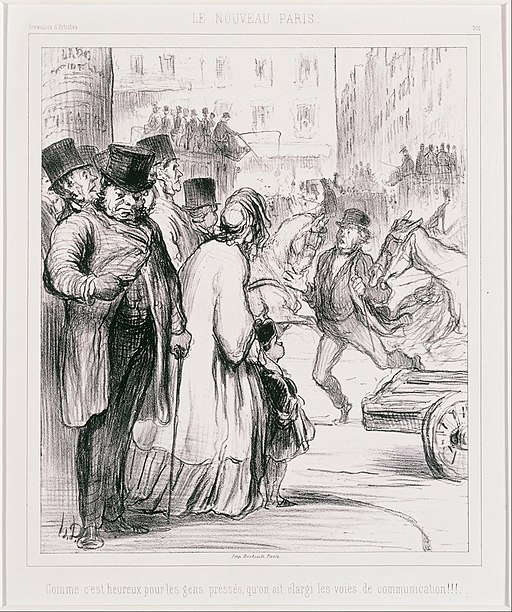According to a recent article on The Independent online, and also to a number of sites having to do with vegetarianism and veganism, Bernard Shaw once asked:
"While we ourselves are the living graves of murdered beasts, how can we expect any ideal conditions on this earth?"
Although I have not been able to trace these exact words to any document in my database, the phrase "the living graves of murdered beasts" was plausibly written by Shaw in a poem attributed to him, entitled "Living Graves." It reads as follows:
We are the living graves of murdered beasts,
Slaughtered to satisfy our appetites.
We never pause to wonder at our feasts,
If animals, like men, can possibly have rights.
We pray on Sundays that we may have light,
To guide our footsteps on the path we tread.
We’re sick of War, we do not want to fight –
The thought of it now fills our hearts with dread,
And yet – we gorge ourselves upon the dead.
Like carrion crows, we live and feed on meat,
Regardless of the suffering and pain
We cause by doing so, if thus we treat
Defenseless animals for sport or gain,
How can we hope in this world to attain
The PEACE we say we are so anxious for.
We pray for it, o’er hecatombs of slain,
To God, while outraging the moral law.
Thus cruelty begets its offspring – WAR
I say this poem is "attributed" to Shaw because, as far as I know, the only (likely to be) thorough collection of poems by Bernard Shaw is housed at the University of Guelph, so maybe the ISS members who are also members of faculty at Guelph can corroborate this. Two of the sources that make a Shavian attribution to this poem are The Shaw Review (Issue 11, 1968, p. 81, actually a reference to Issue VI of The Independent Shavian, where there seems to be an essay discussing the authorship of the poem) and G. H. Bowker's introduction to Shaw on Vivisection (1951).
Be that as it may, I think we've found a winner, ant it is not Shaw. Isadora Duncan, in her autobiographical My Life writes the following (granted, while discussing Shaw's views on meat-eating and vegetarianism):
At most, we can call this one a Shaw-inspired quotation.









